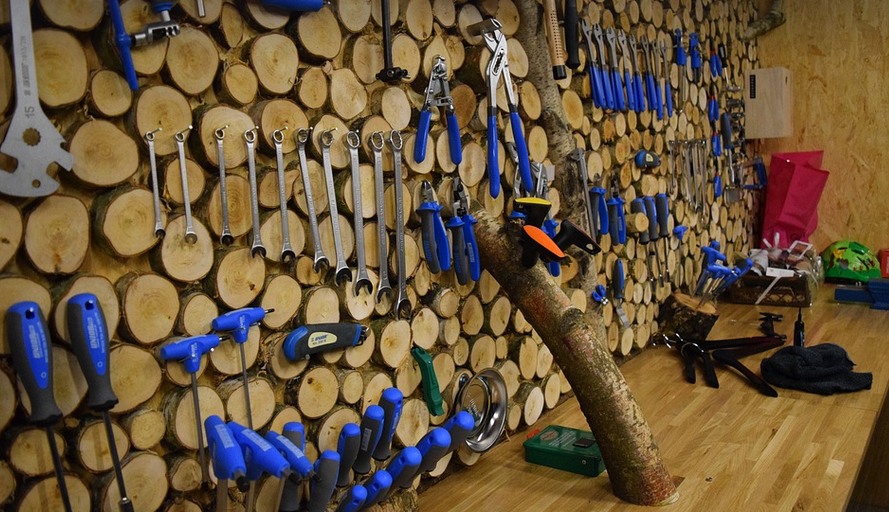What’s Heat Pump Condensate and Why Should You Care?
So you have a heat pump in your home, and it’s keeping you toasty warm during the winter. Now picture this: a small, hidden system within that larger unit is responsible for a crucial part of its operation—removing excess moisture through condensation. That’s where condensate drain comes into play.
Heat pumps work by transferring heat from one place to another, and in doing so, they naturally produce moisture. This moisture, formed when the air inside your home is cooled down by the heat pump’s refrigerant, collects in the unit itself as condensation. This condensate, which can sometimes be a bit of a nuisance, needs to be drained away. Just like our bodies need to expel sweat due to exertion, this drain keeps things running smoothly within the system.
The Culprits Behind Clogged Condensate Drain
But just like any other part of your home’s plumbing, especially in older homes, condensate drains can get clogged. It sounds obvious, but you wouldn’t expect a drain to become blocked with simple debris like dust or dirt, right? And it is the culprit behind many problems that homeowners face.
So, why does this happen? The primary culprits are usually:
- **Debris accumulation:** Over time, dust, dirt, leaf debris, and even small insects can get trapped in the drain system, leading to a blockage.
- **Plumbing issues:** Blockages can also occur due to problems with the condensate drain line itself. This could include a kinked or compressed hose, improper slope, or incorrect fittings.
- **Humidity and condensation:** A high level of humidity in your home contributes to increased condensate production. This often leads to more frequent clogging as it increases the moisture present that can cause blockages
- **Frozen drain lines** – If your heat pump is connected to an outdoor unit, a frozen drain line can result in the condensate from turning into ice and forming blockages.
Recognizing the Warning Signs: What’s Going Wrong?
Just like you wouldn’t ignore a persistent cough or a headache, paying attention to your heat pump’s condensate drain is vital. It might not be something that can be ignored, as it could lead to significant problems.
Here are some common signs that your condensate drain may be clogged:
- **Excessive water buildup:** If you see a large volume of condensed water, or dripping from the drain line, it could point to a blockage.
- **Humming noise:** There’s a possibility that the system is struggling to move the condensate. This can often be accompanied by a humming sound when there’s a clog.
- **Water leaking:** Even worse than dripping, if you notice water leaking from your heat pump unit, it could be a sign of a serious problem with your drain pipe.
- **Unusual smells:** A foul odor might indicate that the condensate is stagnating and creating an environment for bacteria or mold to form.
Troubleshooting Your Condensate Drain: DIY Solutions
Before calling a specialist, you can try some basic troubleshooting steps:
1. **Check the drain line:** Remove any debris from the drain line with your hand or a small flexible brush to clear any blockages.
2. **Use compressed air:** If using compressed air, aim it at the drain hose to dislodge any trapped debris and check for obstructions in the system.
3. **Clean the condensate pan:** Ensure that the condensate pan is clean and free of any sediment or debris. This will help the condensate drain freely.
When to Call a Plumber: The Importance of Professional Help
While these DIY solutions may be helpful, there are instances when you need professional assistance.
For instance:
- **Clogged drain line:** If you’ve tried the above steps and the blockages persist, it’s time to call in a professional plumber.
- **Complex problems:** Certain types of clogs might require specialized tools or techniques that only an expert can handle.
“Just like when your car is having trouble starting, sometimes we need to rely on the expertise of specialists for a smooth and efficient experience. Calling in a plumber will save you time and prevent further damage to your heat pump system!”
Protect Your System: Long-term Maintenance
Preventive maintenance is key. It’s far easier, less disruptive, and more cost-effective than dealing with a clogged drain line after it has caused significant problems.
Here are some tips for long-term maintenance:
- **Regular cleanings:** Clean your condensate drain line every few months to remove any accumulated debris.
- **Inspect the drain pan:** Keep an eye on the condensate drain pan for signs of leaks or damage, and replace it if needed.
- **Keep your system well-ventilated:** Ensure proper airflow around the heat pump unit to prevent condensation buildup.
By staying proactive with maintenance, you can ensure that your condensate drain remains clear and free of blockages, keeping your heat pump running smoothly all year round. Happy heating!
